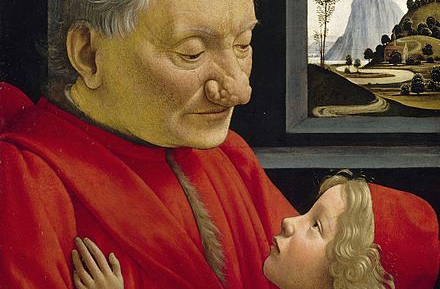Take Advantage of It
I wrote about the pain of leaving Camelot at the end of last year. It was my pondering about my long journey in life. In a couple of weeks, I’ll be eighty. In ancient China, someone that was that old would be venerated and viewed as a wise person. That person’s wisdom wasn’t based upon being born with a high IQ. Instead, one’s knowledge base was acquired over a long life filled with making mistakes but addressing those errors. I would have been highly revered for my knowledge if I had lived back during the Ming Dynasty.
In that article, I reflected upon what I gleaned from my father in his journey down his yellow brick road. He saw the importance of education. My dad doubled down on preparing his children for going to college, having missed that opportunity due to WWII. While he sacrificed a great deal personally, I initially viewed the move to Mt. Lebanon, the nineteenth-best school system, as a curse. I learned two things about myself in Mt. Lebanon. I was dumb and poor.
Interestingly, while at college, Louie Palmer gave me the opportunity to be his teaching assistant during my senior year. I took The Arts; a ten-hour required art history class in my junior year. Louie saw something in me that year and called me into his office at the end of the second semester. He wanted me to be his teaching assistant during my senior year. I taught several subsections each week and wrote and graded the midterm and final for both semesters. Talk about a golden opportunity. Being Louie’s assistant changed my Weltanschauung regarding feeling dumb.
Interestingly, pain is the motivator for all forms of the arts. My two favorite paintings are William Turner’s The Fighting Temeraire and Vincent van Gogh’s The Starry Night.

Turner was upset that the British Navy took Temeraire, the greatest battleship in English history, to its berth and broke it up. He couldn’t grasp why they wanted to destroy that great sailing ship responsible for defecting Napoleon at the Battle of Trafalgar. He was outraged. Turner’s pain resulted in what is considered the most significant British painting of all time.

As for van Gogh’s The Starry Night, had it not been for the litany of pains he endured, he wouldn’t have painted one of the greatest paintings in the Western world. Van Gogh was a patient in the hospital at Saint-Rémy-de-Provence in 1889. He struggled much of his life with a long list of medical and emotional problems. Psychiatrists have written about some of van Gogh’s possible psych disorders: epilepsy, hallucinations, catatonia, bipolar disorder, and borderline personality disorder. That sounds like an oxymoron to that pain drove them to greatness. Nonetheless, the world wouldn’t have benefited from their artistic abilities without their pain.
However, that is the art world. There was a comedian who also produced movies in which he starred as a leading man. He also did TV programs.

If the Russians had not started saber rattling, a comedian would still be doing comedic acts and movies.

We don’t have to look for pain; it is ever-present. The only unanswered question is whether we addressed the pain. It is a Kierkegaardian either/or question. We will either address our pain or sit back and complain about life.
One final caveat. I have discovered one great truth in my journey down my yellow brick of life. It is giving that we get.















